
Feb 12 , 2022.
Political transformation is unavoidably rocky, if not delicate. It involves the process of tinkering with the machine that is government while it is running. There are bound to be bolts that go loose and structures that threaten to collapse. In Ethiopia’s current case, the change in administration has given way to an economic slowdown, tensions between regional states, inter-communal conflicts and fraternising between state and religion.
The last element was most recently noticeable when individuals present at religious gatherings were seen in the uniforms only allowed to be worn by members of the Ethiopian Defense Forces. Videos and photos have gone viral, and it is a subject of discussion in various circles. The authorities though have remained mute, unable to distance the Ethiopian National Defense Forces from it. They may have been overwhelmed by more pressing and urgent issues.
The content in the video is, however, an obstruction of the law of the land that merits a swift condemnation from the officers leading the army. Such offenders need to be accounted for if they are indeed members of the military. It needs to be stressed and maintained that the state should not in any way be influenced by religion and that the secular nature of the state should be defended.
It is not merely a case of having to correct a slight misstep caused by a couple of individuals in some part of the country. It is symbolic of all that is at stake - secularism in this case - during this political evolution when the need to find an umbrella for a shared set of values is apparent but the details of which remain vague.
Of course, despite what it may seem like today, secularism is a relatively new concept to Ethiopia, introduced by the Dergue just around four decades ago. Before that, the Orthodox church had had “one third” of the authority in the affairs of the state. Indeed, even around the world, the 20th Century is a contradiction to the accepted nature of government in the centuries that came before with very few exceptions.
In as far as myths lay the groundwork for state formation, in giving millions of people a reason to pay taxes, fight for and abide by the rules of a nation, belief systems are the most reliable allies of governments.
It has not been different for the state of Ethiopia, which for millennia before it took its current geographic and socio-cultural form, had a government closely intertwined with religion. It defined the political organisation and cultural construction, not to mention the ideological backing for state expansion or war-making.
Religion thus was institutionalised, like in modern-day Iran. By any standards, its capacity to strengthen political centralisation and reinforce moral and legal codes has rarely been matched by political or ideological-based belief systems.
The catch though is that while anyone should be entitled to a religion, or faith of their choice, institutionalising such a belief system is exclusivist or otherwise assimilationist. Innovation, exploration and knowledge transform beliefs or are outcomes of it, which is why no belief system should be tied down to any government system, policing expression, organisation or speech.
There is no proven social, cultural or political organisation proven to work under any given geographic, environmental, societal or technological dispensation. Thus, political and economic institutions need to remain inclusive and flexible enough to accommodate any preference or behaviour that does not violate fundamental rights.
For such an understanding to take hold and deinstitutionalise religion in Ethiopia, it took an urban-bred consciousness that rejected feudalism, and cultural as well as religious hegemony, best manifested in student movements and a military dictatorship, the Dergue.
It was unfortunate in that the military junta institutionalised another belief system, Marxism-Leninism; but, the secularisation of the state remains one of the few positive achievements of that era.
The separation of state and religion was also adopted in the current constitution, introduced in 1994. Nonetheless, for anything that requires resources is political, tensions between religious groups have not been non-existent. The interference of regional and federal governments in the affairs of religious institutions has not gone unnoticed either.
On various occasions, the EPRDFites have been accused of having involving themselves in the institutional or organisational affairs of the Christian Orthodox or Muslim communities. It is as a result that Prime Minister Abiy Ahmed’s (PhD) mediation role in the two religious communities’ institutions was merely seen as a corrective measure for past wrongs. It has barely been considered a violation of the constitutional provision that the state should not interfere in the affairs of religious institutions. It is unfortuante the he had to be invloved.
Perception is important, and these practices, perhaps done with the utmost of good intentions, set precedents and inform how the public views the government and in what manner officials conduct themselves.
The administration thus should be able to show that it intends to defend and strengthen the values of the nation that should be central, such as the secular nature of the state. Officials need to steer clear of the affairs of religious institutions or even the appearance of influencing or being influenced by them.
Similarly, members of the defence forces that were present at the gathering, or the individuals that posed as them, need to be brought before the law. They have a right to practice a religion but not dressed in the uniform of the defence forces, an institution whose role to be beyond and above partisanship is very crucial.
The government should not wait to throw its weight behind defending the secular nature of the state until the problem gets out of hand. The increasing number of conflicts and radicalism along lingo-cultural lines needs to serve as a cautionary lesson that matters of such nature will spiral out of control if left unattended.
PUBLISHED ON
Feb 12,2022 [ VOL
19 , NO
968]
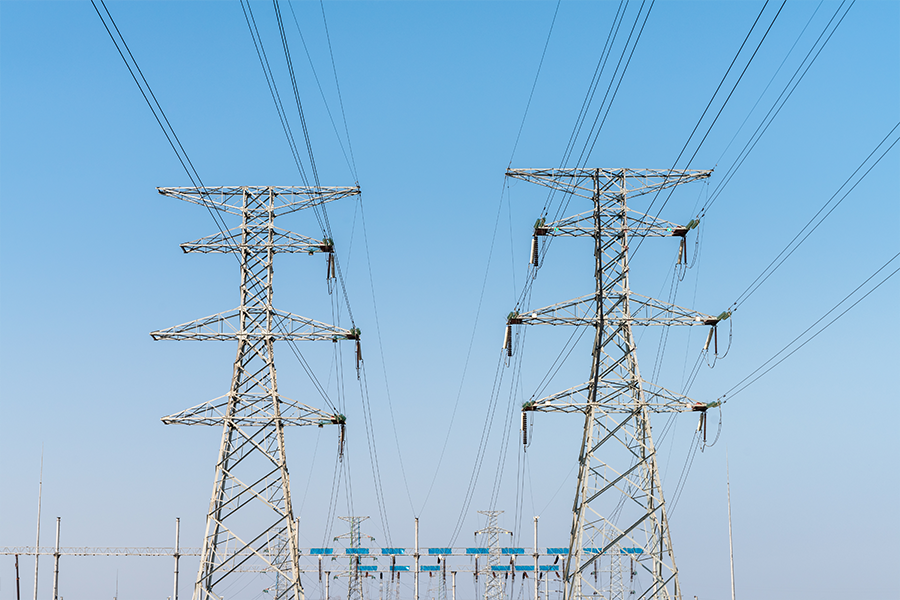
Fortune News | Mar 18,2023
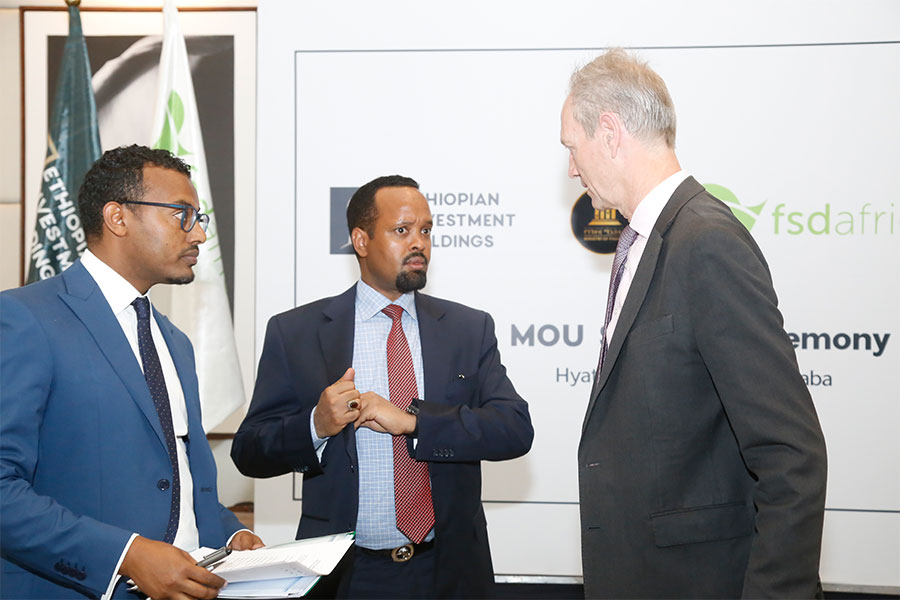
Fortune News | May 21,2022

Films Review | Sep 26,2021
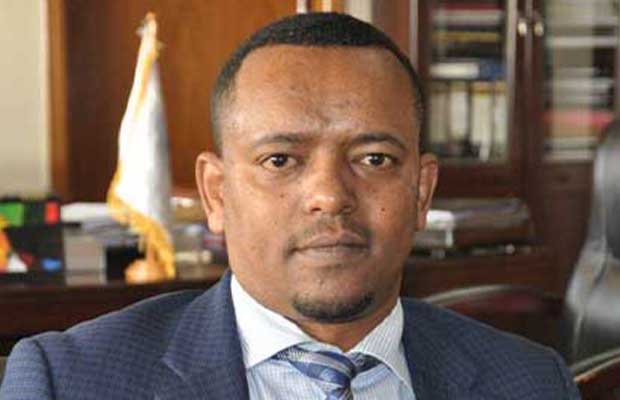
Exclusive Interviews | Jan 05,2020

Featured | Sep 19,2020
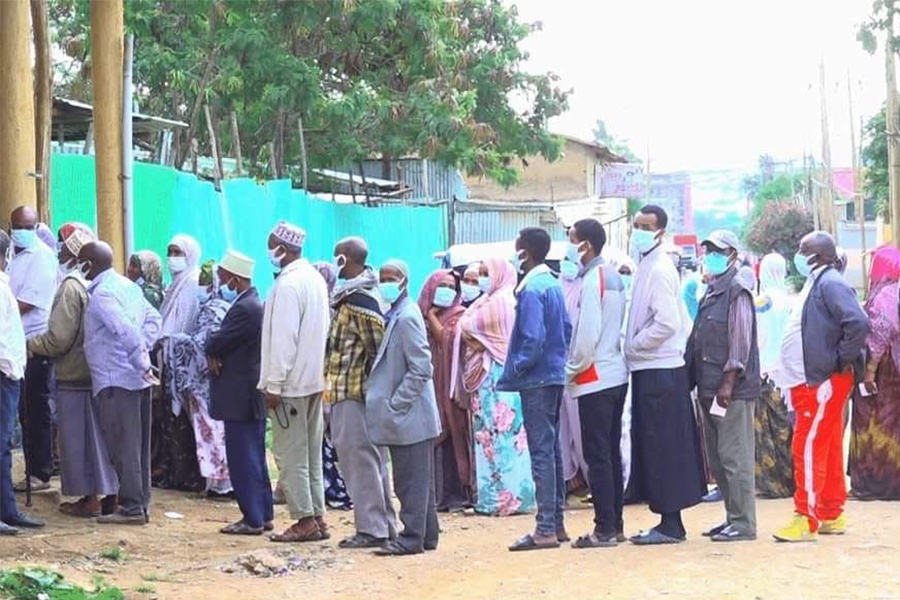
Fortune News | Sep 30,2021
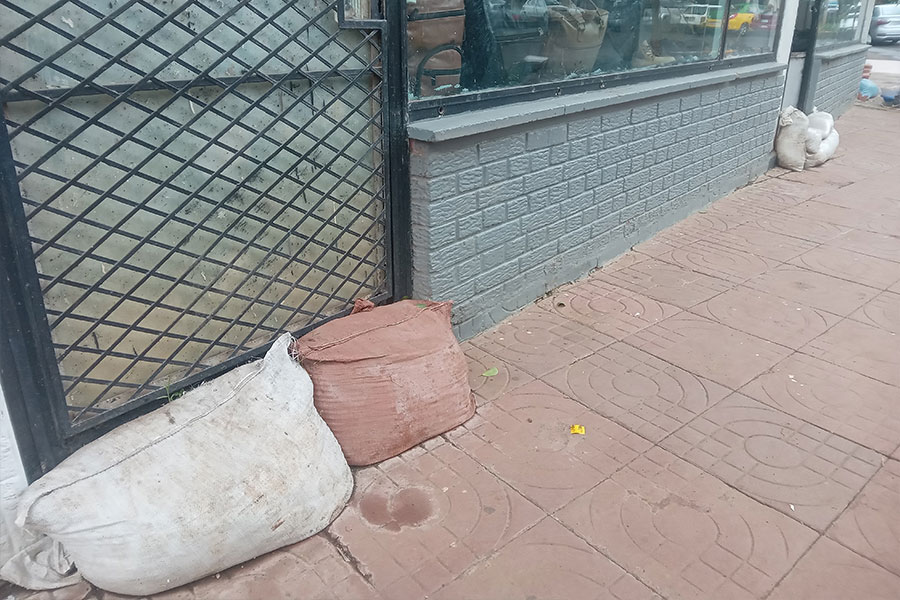
In-Picture | Aug 17,2025

Films Review | Jul 13,2019

Commentaries | Jan 25,2020
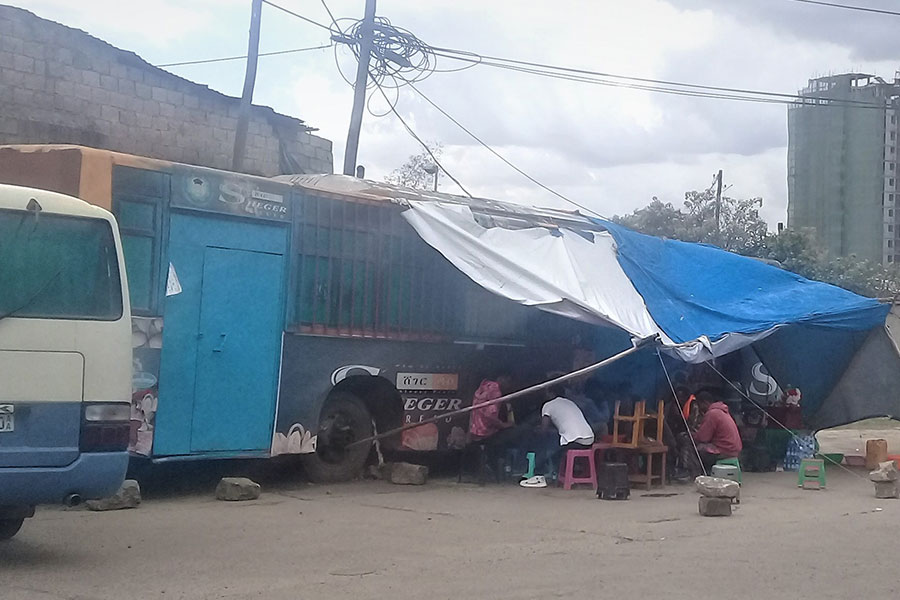
Radar | Apr 30,2022

Photo Gallery | 178926 Views | May 06,2019

Photo Gallery | 169123 Views | Apr 26,2019

Photo Gallery | 159988 Views | Oct 06,2021

My Opinion | 137127 Views | Aug 14,2021

Dec 22 , 2024 . By TIZITA SHEWAFERAW
Charged with transforming colossal state-owned enterprises into modern and competitiv...

Aug 18 , 2024 . By AKSAH ITALO
Although predictable Yonas Zerihun's job in the ride-hailing service is not immune to...

Jul 28 , 2024 . By TIZITA SHEWAFERAW
Unhabitual, perhaps too many, Samuel Gebreyohannes, 38, used to occasionally enjoy a couple of beers at breakfast. However, he recently swit...

Jul 13 , 2024 . By AKSAH ITALO
Investors who rely on tractors, trucks, and field vehicles for commuting, transporting commodities, and f...

Oct 25 , 2025 . By YITBAREK GETACHEW
Officials of the Addis Abeba's Education Bureau have embarked on an ambitious experim...

Oct 26 , 2025 . By YITBAREK GETACHEW
The federal government is making a landmark shift in its investment incentive regime...

Oct 29 , 2025 . By NAHOM AYELE
The National Bank of Ethiopia (NBE) is preparing to issue a directive that will funda...

Oct 26 , 2025 . By SURAFEL MULUGETA
A community of booksellers shadowing the Ethiopian National Theatre has been jolted b...